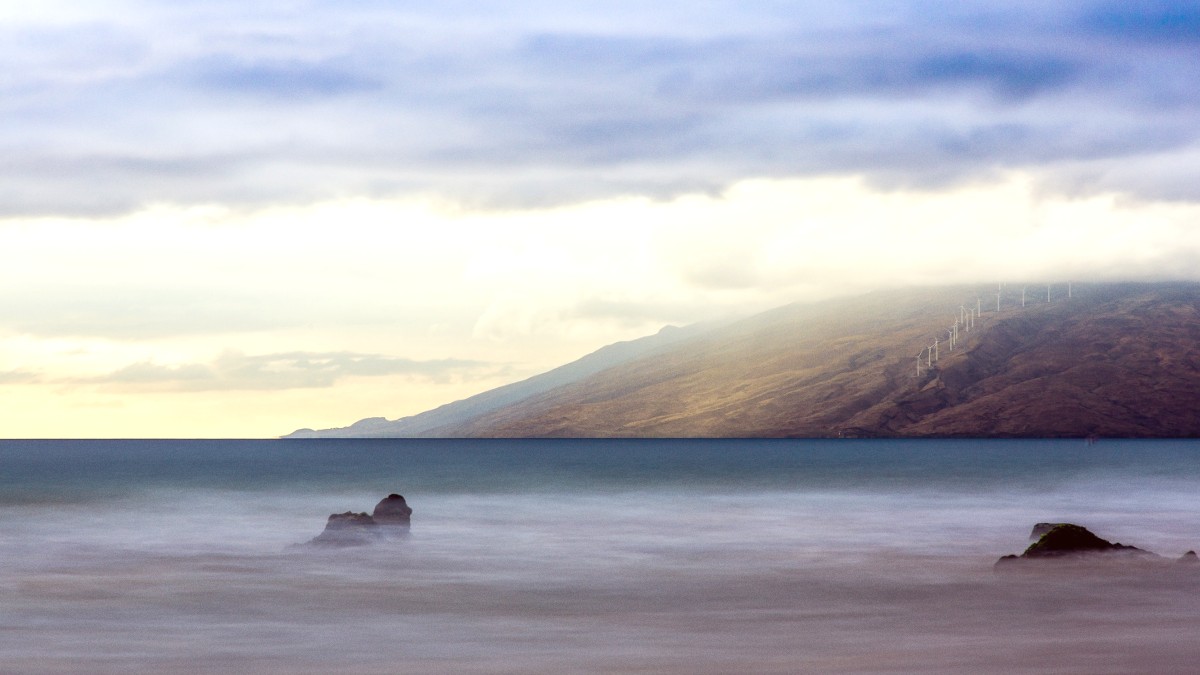
Hawaii, USA
Haleakalā National Park protects unique ecosystems. Maui Nui Marine Resource Council works for better ocean health and coral reef protection.
Hawaii bans sunscreens with oxybenzone and octinoxate. Use mineral-based Reef safe sunscreens (zinc oxide/titanium dioxide).
Reduce waste. Pack out everything you pack in. Use Reusable water bottles and Shopping bags. Hawaii has plastic bag bans.
Engage with Maui's culture with respect, recognizing its traditions and heritage.
Support local cultural organizations and businesses that actively preserve Hawaiian traditions, language, and art forms.
Learning a few basic Hawaiian phrases like "Aloha" (hello, goodbye, love) and "Mahalo" (thank you) shows respect.
It is generally acceptable to photograph public spaces and natural beauty. However, always ask permission before taking photos of people, especially if it is a close-up.
If visiting a heiau (ancient temple) or a church, be respectful. Dress modestly, covering shoulders and knees.
Be patient, friendly, and avoid loud or boisterous behavior in quiet areas. Remember that Maui is someone's home, and showing genuine aloha spirit makes for better interactions.
Locals are sensitive about tourist driving behavior, especially on the Road to Hana. Pull over to let faster traffic pass when safe, and do not block traffic for photos.
Prioritize learning and using a few Hawaiian phrases. This simple gesture demonstrates deep respect for the local culture and its people.
Your choices as a traveler directly influence Maui's economy. Engage ethically with local businesses.
Seek out tours and activities run by Native Hawaiians or long-term local residents. These initiatives often reinvest profits directly into the community.
Purchase goods directly from local artisans and farmers at markets, like the Maui Swap Meet or various farmer's markets.
Prioritize dining at local restaurants, shopping at local boutiques, and booking tours with locally owned companies over large chains.
Taste authentic Hawaiian cuisine and fresh local ingredients.
Find unique, handcrafted souvenirs and clothing, supporting local artisans.
Gain local insights and support guides who live on the island.
Look for accommodations with environmental certifications, like LEED. Explore options on Ecobnb for eco-friendly stays.
Your travel choices have a direct influence. Promote positive outcomes through responsible actions.
Be aware of "voluntourism" initiatives that may not genuinely benefit local communities. Research organizations thoroughly before committing.
Avoid activities that exploit animals or natural resources. Choose reputable whale watching tours that follow strict guidelines for approaching marine life.
Do not engage with street vendors promoting illegal activities or selling protected items.
If you wish to donate, research reputable local non-profits working on environmental conservation, cultural preservation, or community support.
For Lahaina recovery efforts, consider donating to established funds like the Maui Strong Fund via the Hawaii Community Foundation. This ensures your contribution reaches those who need it most.
Support organizations like The Rainforest Site (GreaterGood), which combine conservation with ethical shopping.